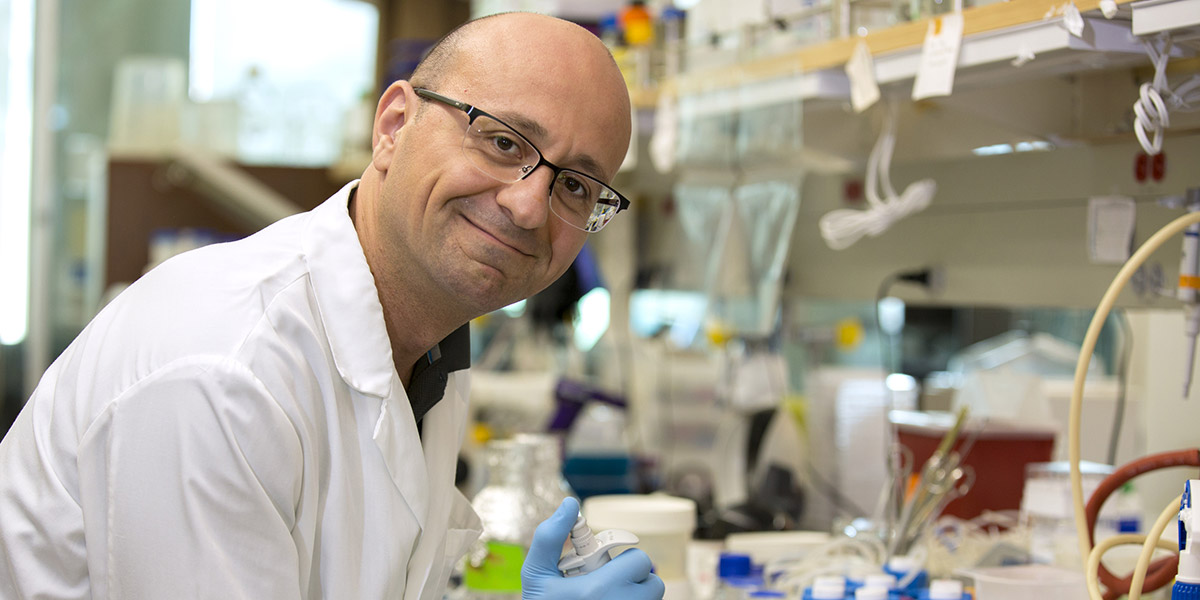The Barry & Virginia Weinman Symposium

Barry and Virginia Weinman created the Weinman Foundation Fund for Innovation in 2010, gifting the University of Hawai‘i Cancer Center with a $1.7M fund. Through this generous gift, the annual Weinman Symposium was established. The goal of the two-day conference is to bring together international experts from different fields of science and medicine, promoting collaboration and brainstorming about specific themes in cancer research.
1. Population Sciences
Population Sciences includes the Epidemiology and Prevention and Control programs. These programs work to identify important health disparities among ethnic groups in Hawaiʻi that impact cancer incidence, treatment, outcomes, and survival, and lead research initiatives to address those disparities.
2. Clinical Sciences
The University of Hawaiʻi Cancer Center is currently involved in more than 200 clinical trials, each with the potential to save lives. The Center plans to further develop the program and work collaboratively with local providers to offer clinical trials that could lead to cancer treatment breakthroughs.
In Hawaiʻi...
- Every two hours a person is diagnosed with cancer.
- 1 in 4 deaths are cancer-related
- The University of Hawaiʻi Cancer Center is the only cancer research center in the Islands
3. Breast Cancer
Over the course of a lifetime, 1 in 8 women will be diagnosed with breast cancer. Native Hawaiian women have a higher incidence of breast cancer and a higher mortality rate than any other ethnic group.
Innovative research in breast cancer prevention and treatment is taking place today at the University of Hawaiʻi Cancer Center to try to change these statistics. Results from their research can have tremendous implications on the care and treatment of breast cancer patients based on ethnicity. Understanding how genes affect susceptibility to cancer incidence can also help prevent the onset of this disease.
4. Liver Cancer
Liver cancer is the third most common cause of cancer death worldwide and the leading cause of cancer death among Chinese, Filipino, and Hawaiian males in Hawaiʻi. The diverse populations in the state provides the University of Hawaiʻi Cancer Center researchers unique opportunities to study cancer in relation to different ethnic groups to develop prevention strategies to reduce liver cancer among people at greater risk.
5. Childhood Cancer
Tremendous progress has been made in treating children's' cancers, but much work remains to be done.
The childhood cancer team conducts research in the areas of neuroblastoma, leukemia and other pediatric cancers. This team is dedicated to research that will lead to better treatments for children worldwide.
6. Mesothelioma
More than 20 million people in the U.S. and countless others around the world, have been exposed to asbestos. Studies show that this exposure greatly increases the risk of developing mesothelioma, an aggressive cancer that is resistant to current therapies.
For the past 40 years researchers have tried to understand why asbestos causes cancer. Drs. Haining Yang and Michele Carbone from the University of Hawaiʻi Cancer Center, and other collaborators, conducted groundbreaking research and have answered this critical question.
